Chemical Engineering
-
Texas Engineer Awarded Northwestern’s Kabiller Prize
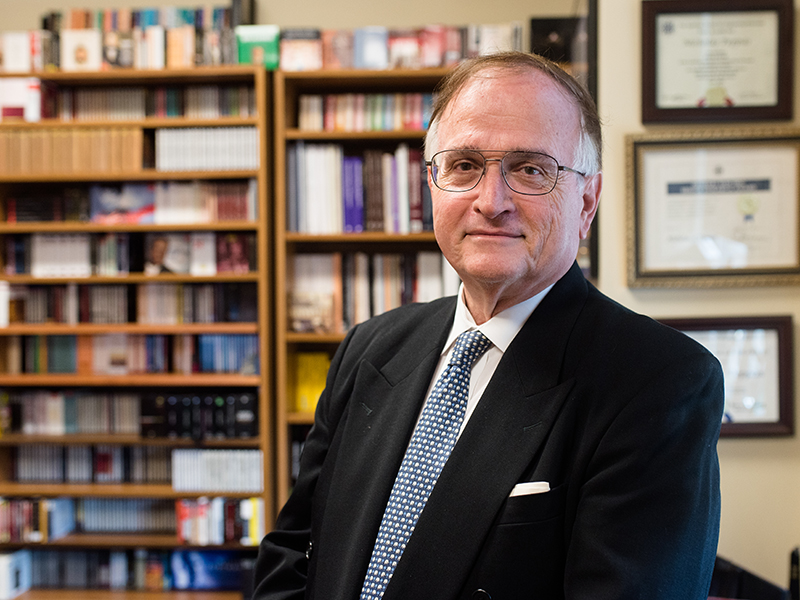
Drug delivery luminary and Texas Engineer Nicholas Peppas has won the Kabiller Prize in Nanoscience and Nanomedicine from Northwestern University’s International Institute for Nanotechnology (IIN).
-
Rare Earth Element Extraction Bolstered by New Research
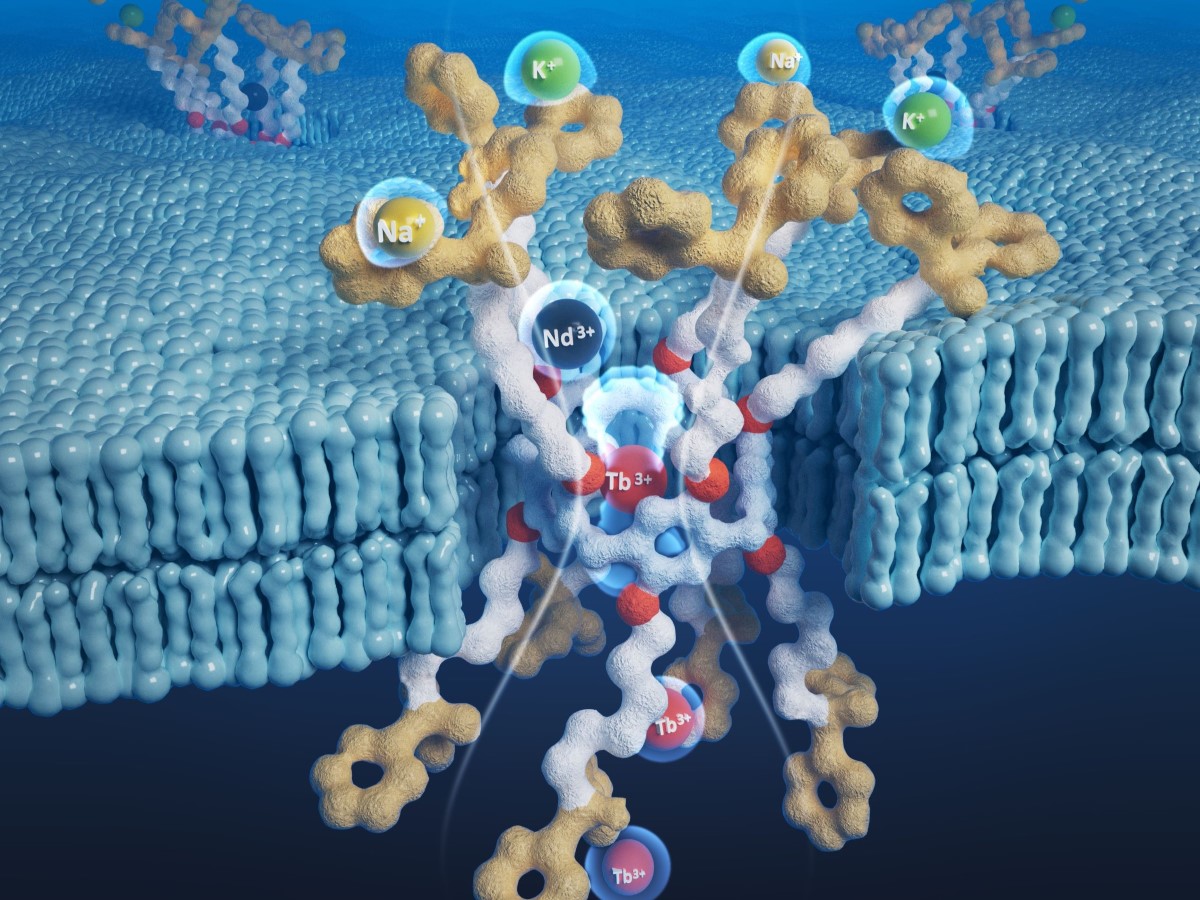
A more efficient and environmentally friendly approach to extracting rare earth elements that power everything from electric vehicle batteries to smartphones could increase domestic supply and decrease reliance on costly imports.
-
Smoothing Over Rough Edges in Batteries
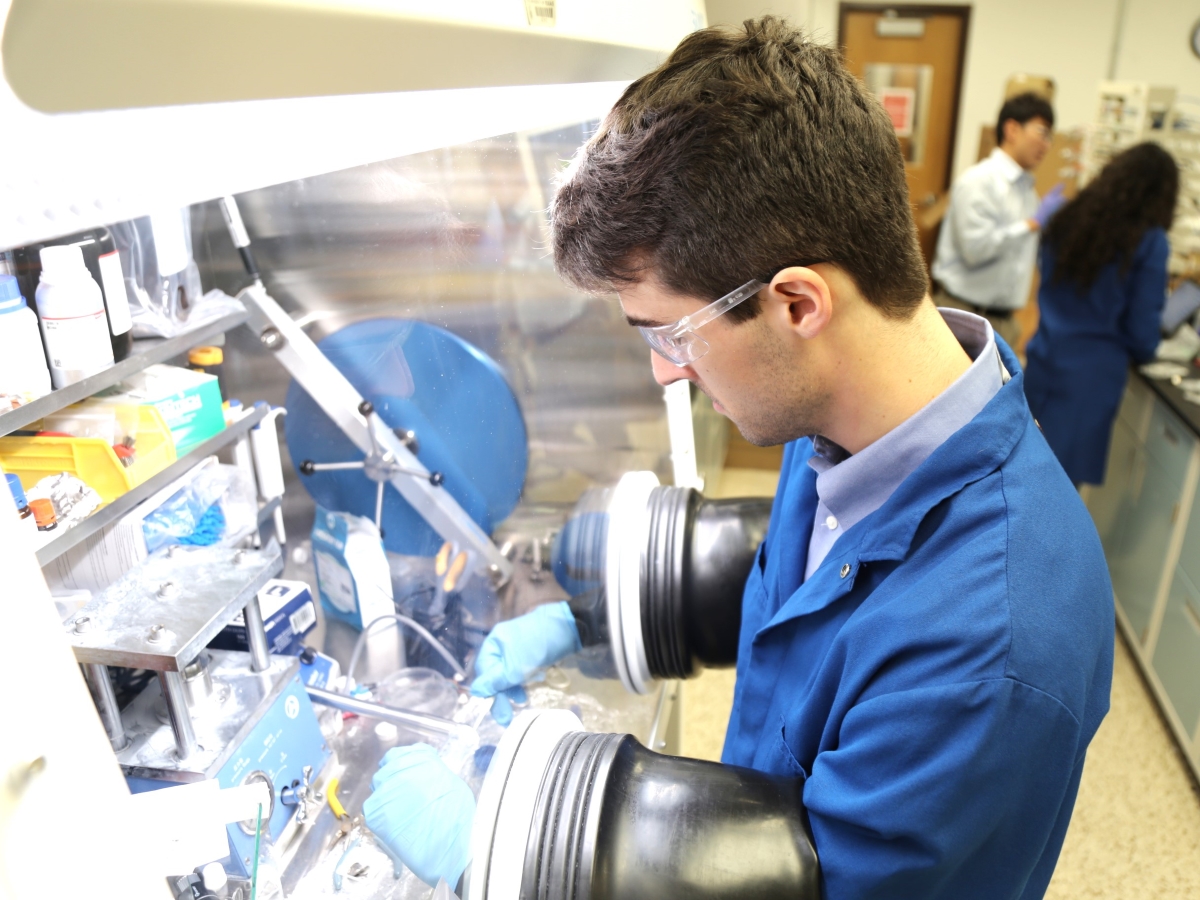
Texas Engineers have discovered a new phenomenon in modern batteries, one that could be used to improve their life cycles.
-
Allen Wins UT President's Research Impact Award
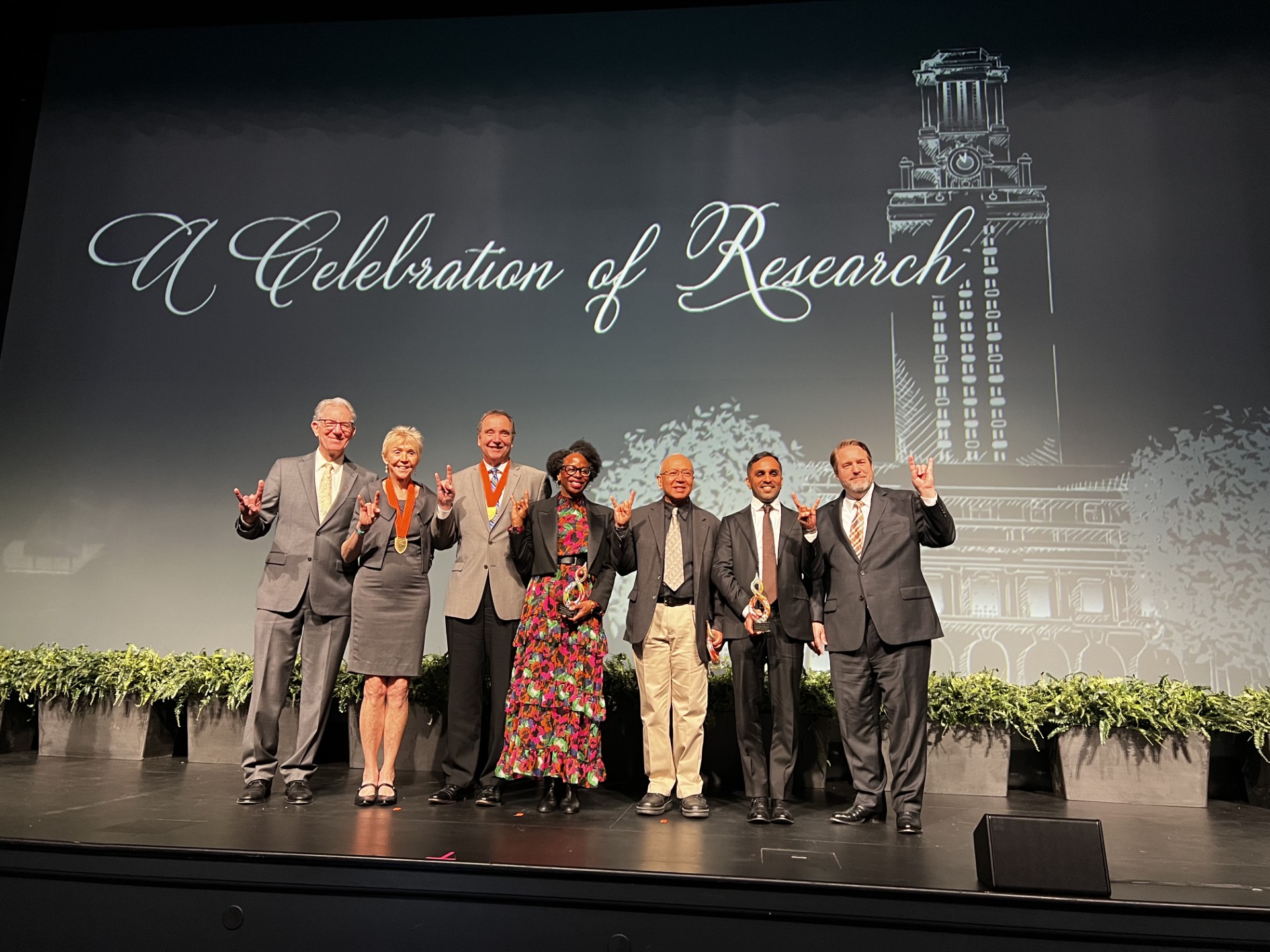
An engineer who developed technology to measure methane emissions and a scholar who is a driving force in using scientific evidence to improve children’s reading comprehension have been named the 2025 recipients of The University of Texas at Austin President’s Research Impact Award.
-
New Research Boosts Future Whooping Cough Vaccines
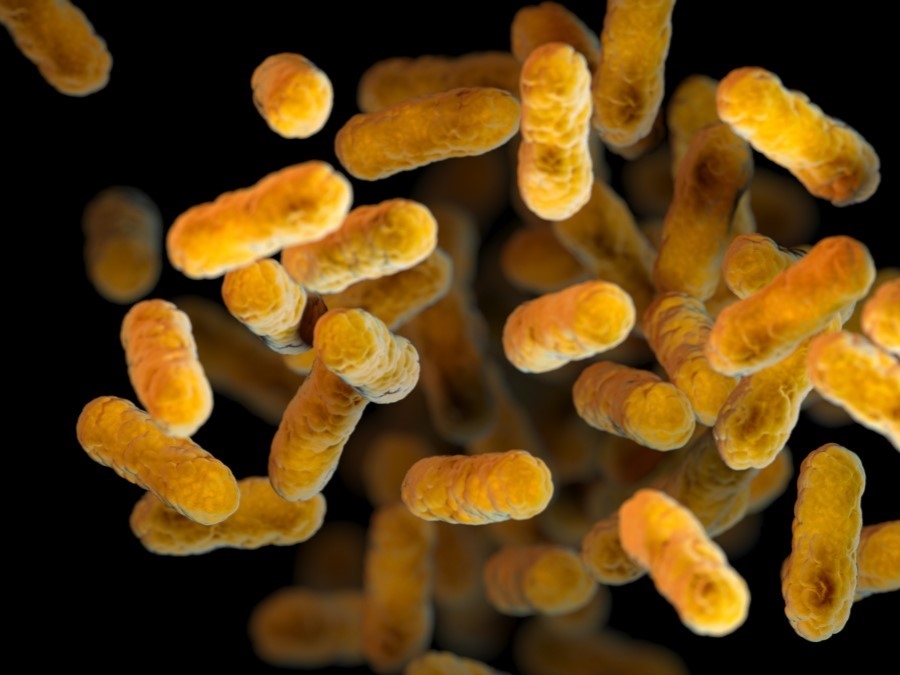
New research from The University of Texas at Austin could aid in improving whooping cough vaccines to once again push this disease toward eradication by targeting two key weaknesses in the infection.
-
Pharmacoengineering Program Enables Advanced Drug Development and Delivery
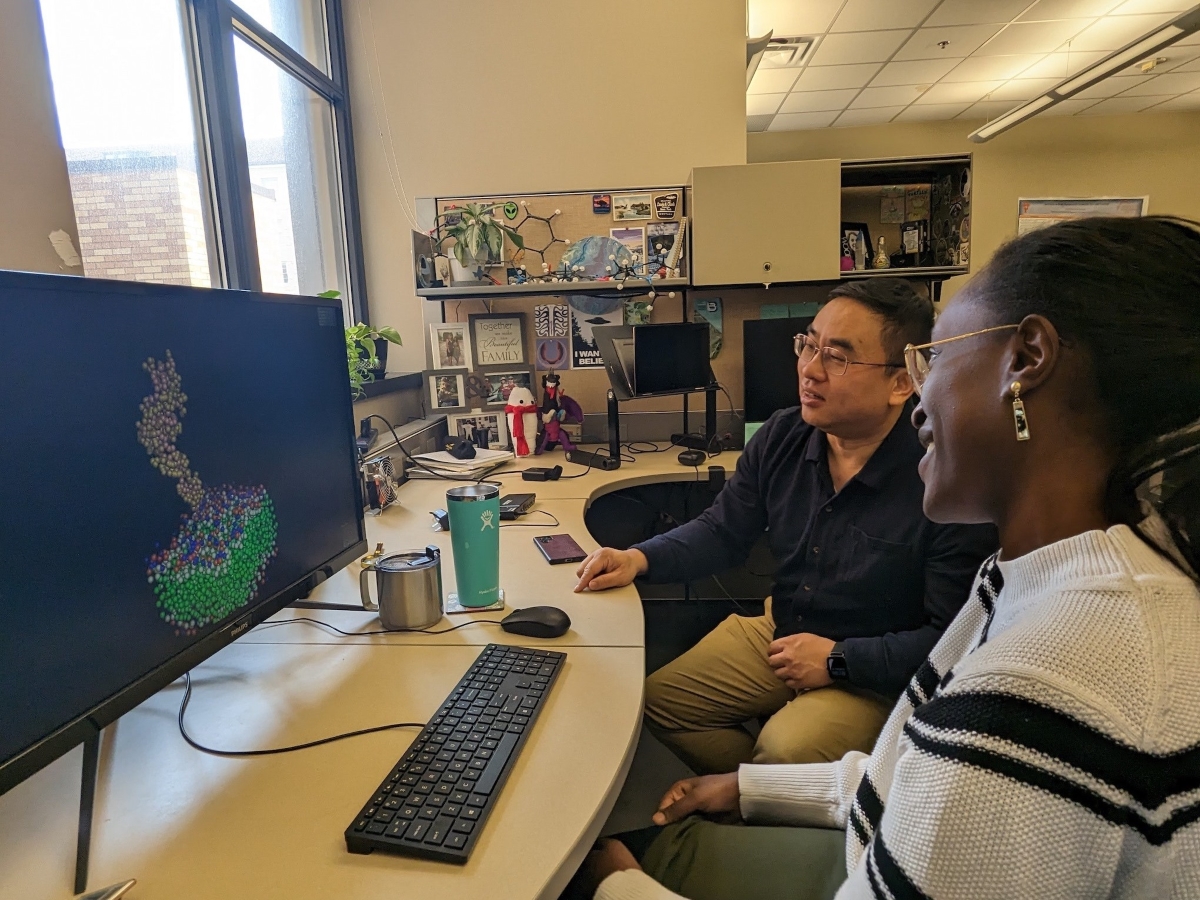
Graduate students at The University of Texas at Austin have a new opportunity to revolutionize how medicines are developed and delivered.
-
Norovirus-Neutralizing Antibodies Open Door to Vaccine
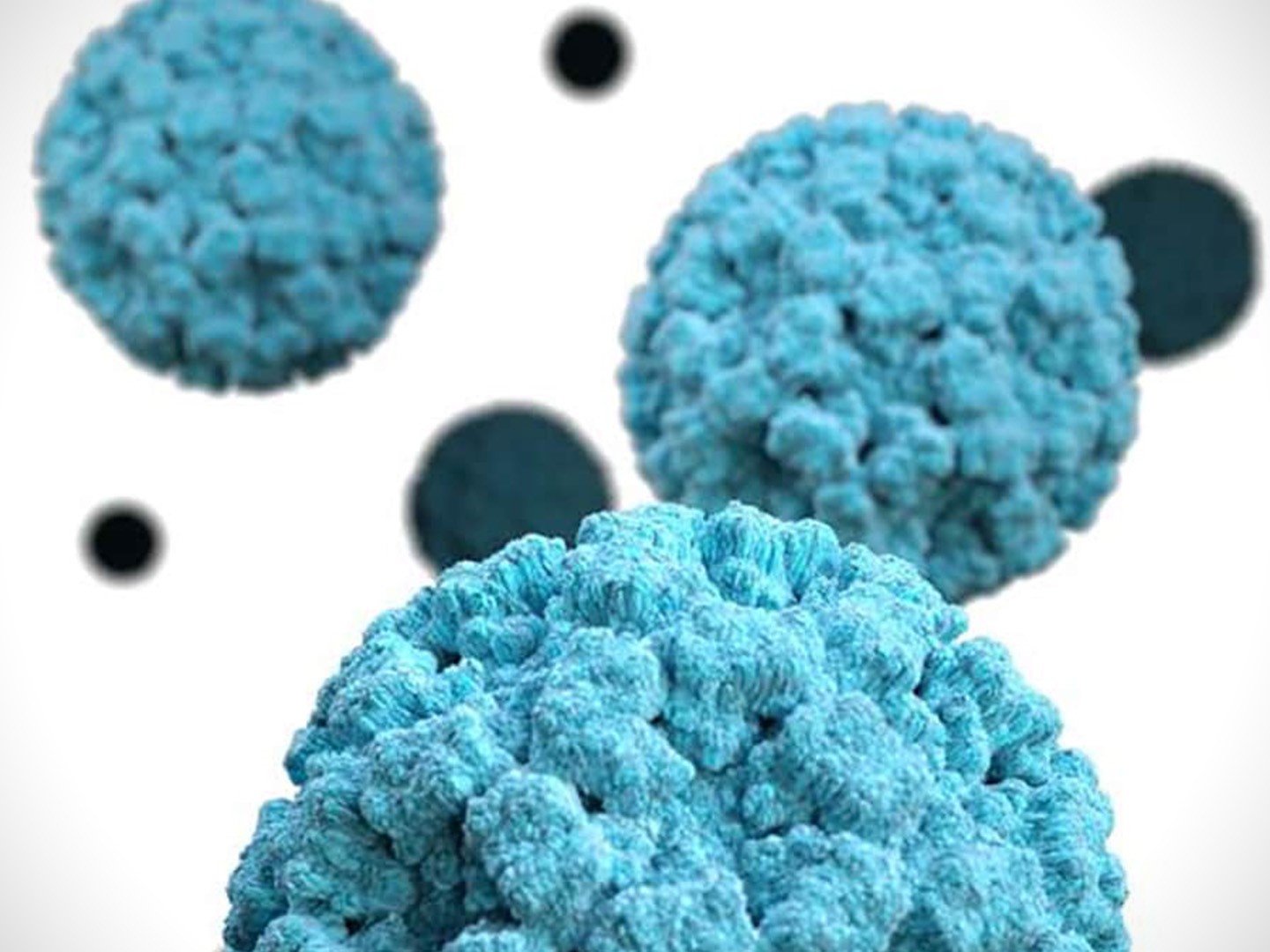
Researchers at The University of Texas at Austin have discovered a strategy to fight back against norovirus, a leading cause of gastroenteritis worldwide.
-
Emerson Partnership Bolsters UT Expertise in Semiconductors and AI
A new partnership between industrial technology leader Emerson and The University of Texas at Austin will support advanced research into artificial intelligence, automation, energy, semiconductors and more.
-
Long-Term, Multi-Institutional Study on Health Impacts of Los Angeles Wildfires Launched
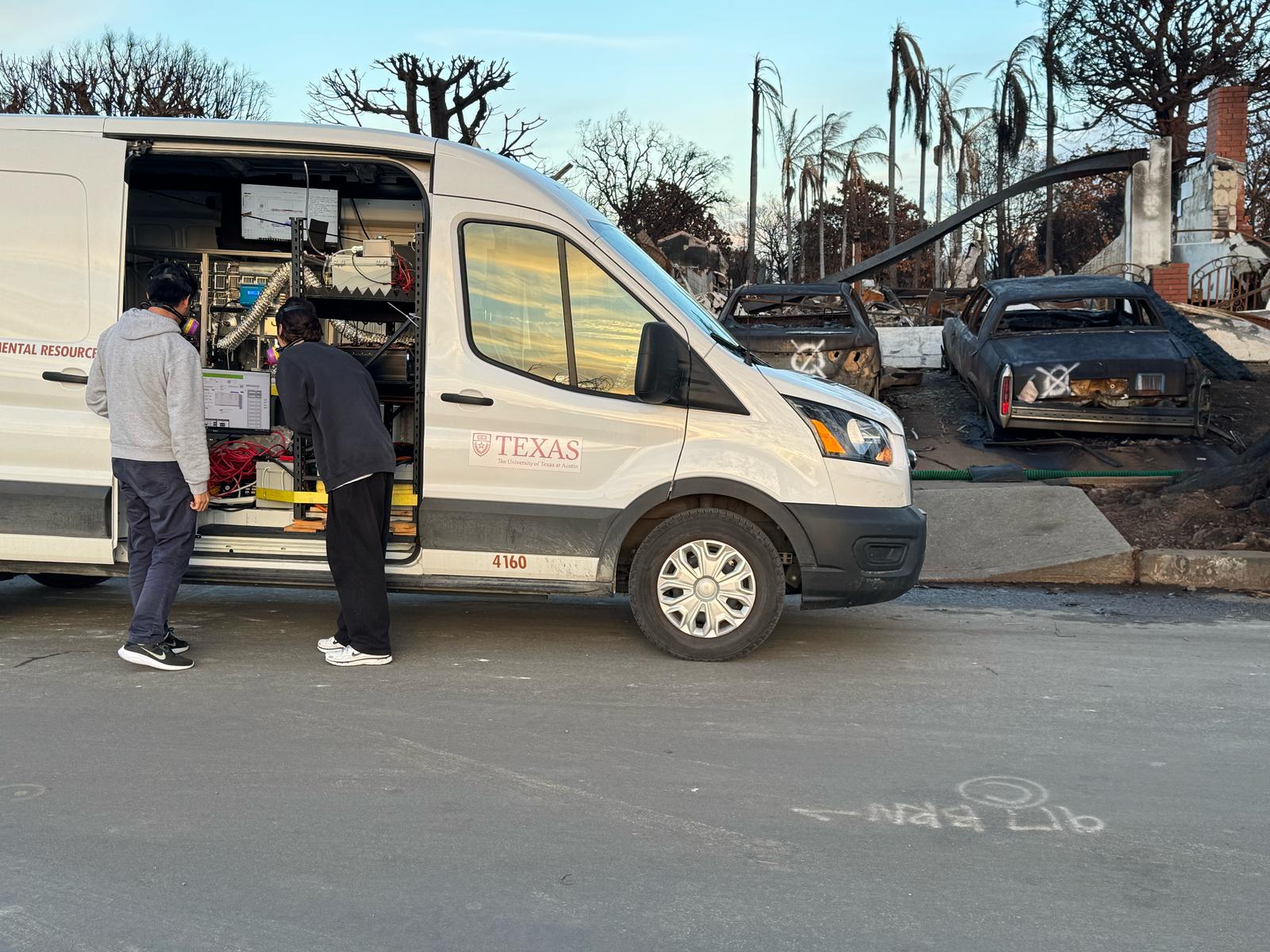
Texas Engineers are part of a team from four universities studying short- and long-term health impacts of the devastating wildfires in California.
-
Biomanufacturing Blasts Off: Collaborative Effort Sends Radiation-Resistant Samples to International Space Station
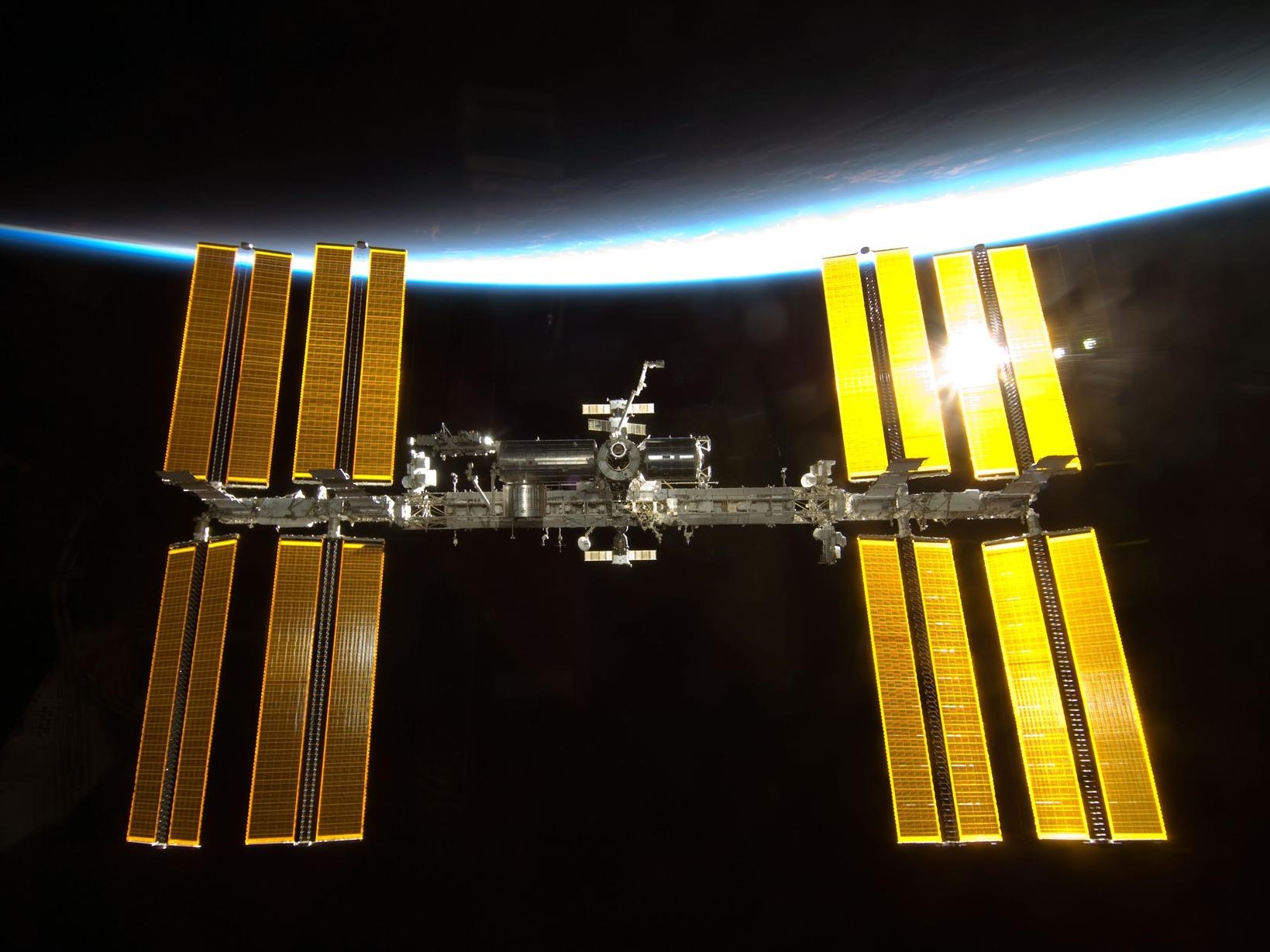
Microorganisms made by Texas Engineers that can be programmed to make a variety of molecules that can be used as food ingredients, fuels, pharmaceuticals and more have been launched to the International Space Station.
-
Texas Engineers Take Home Hill Prizes

Chemical engineers Joan Brennecke, Benny Freeman and James Chelikowsky are among the recipients of the TAMEST and Lyda Hill Philanthropies 2025 Hill Prizes.
-
Carbon Reduction Gets a Spark in New Research
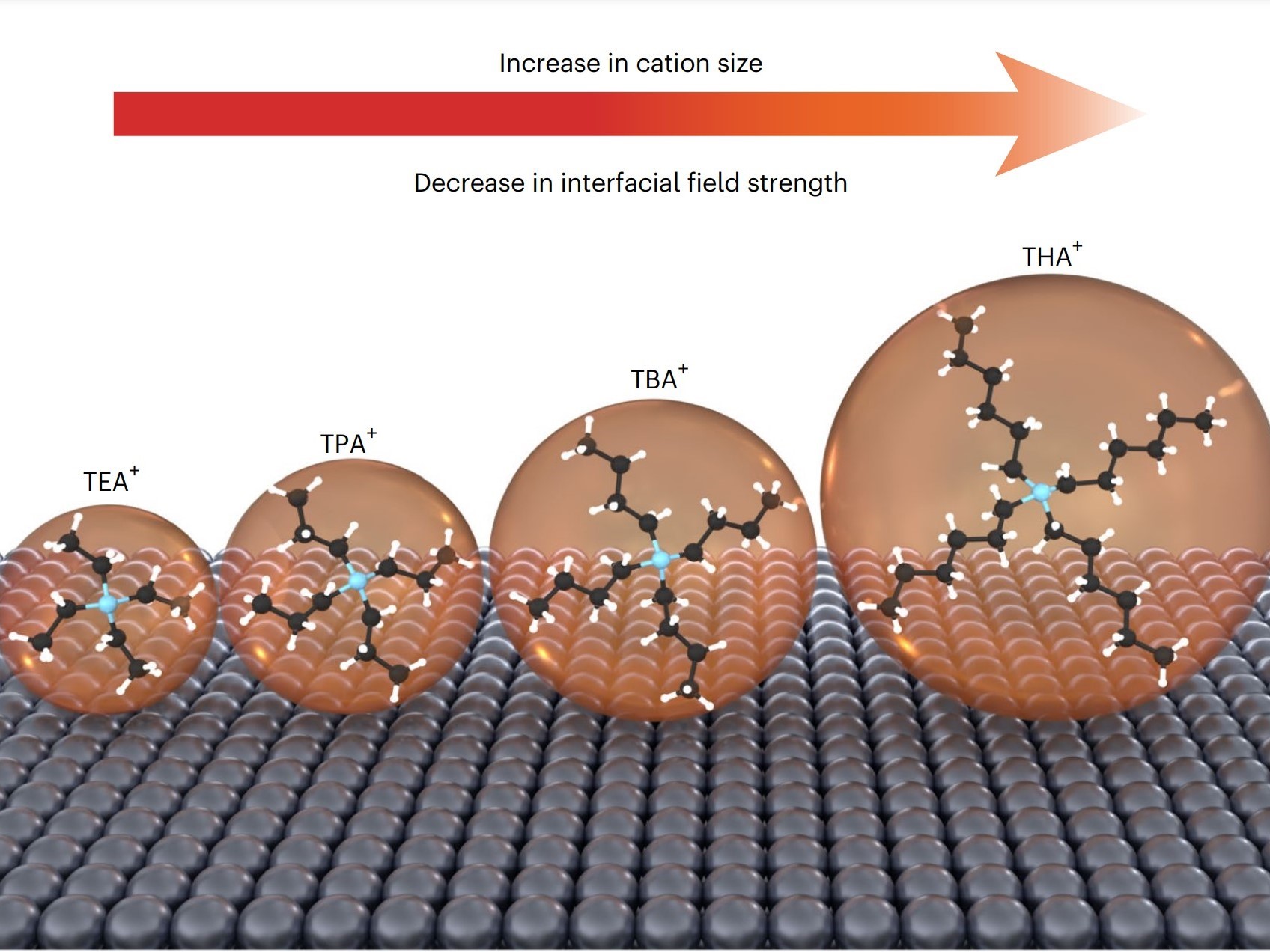
Researchers at The University of Texas at Austin have made a significant breakthrough that could accelerate electrochemical reduction of carbon dioxide, a technology that uses electricity to transform CO₂ into valuable fuels and chemicals.
-
This Enzyme Plays a Key Role in Protecting Cells from Aging and Disease
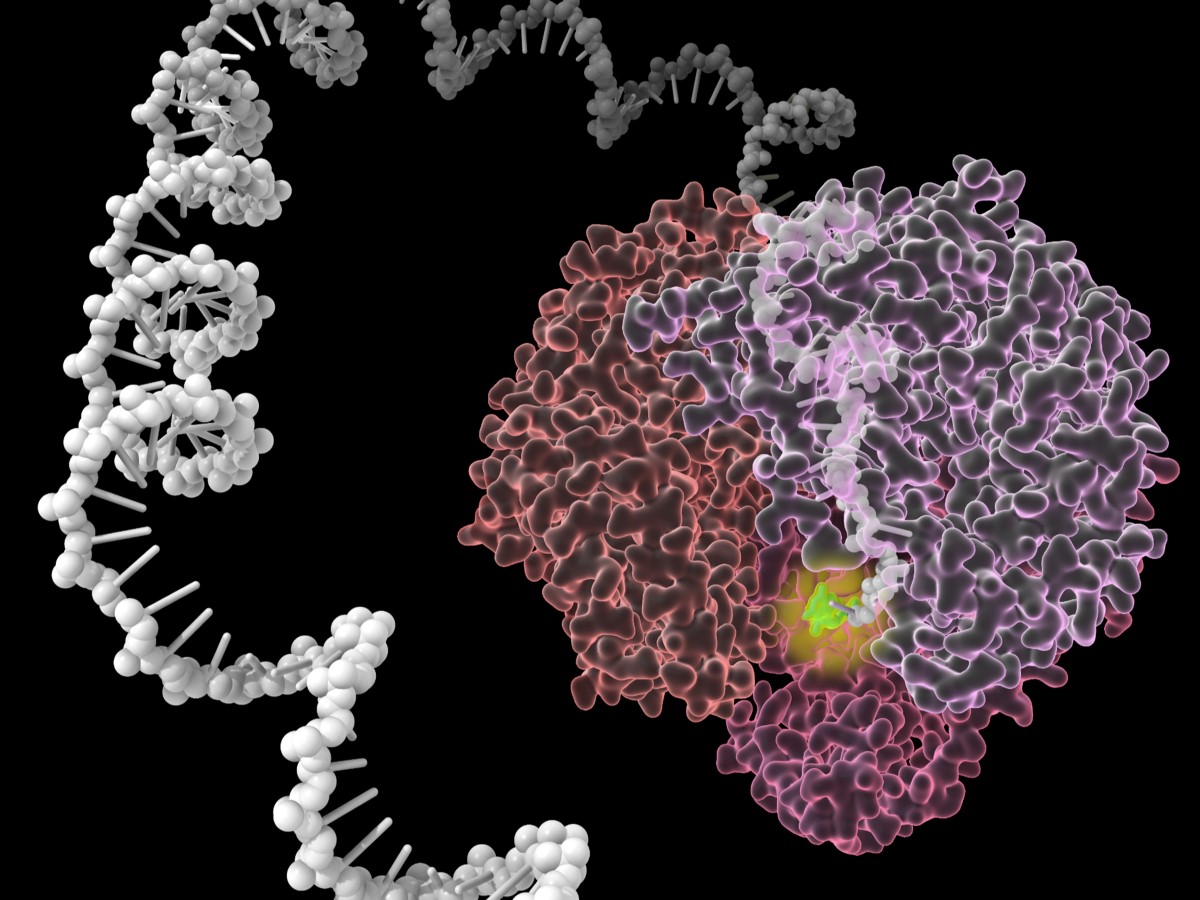
Researchers from The University of Texas at Austin discovered important information about an enzyme that can protect cells from oxidative stress, a condition linked to sources like air pollutants and cigarette smoke that can damage organs and contribute to various diseases and accelerated aging.
-
Newly Discovered Antibody Protects Against All COVID-19 Variants
Researchers have discovered an antibody able to neutralize all known variants of SARS-CoV-2, the virus that causes COVID-19, as well as distantly related SARS-like coronaviruses that infect other animals.
-
A Community-Wide Commitment
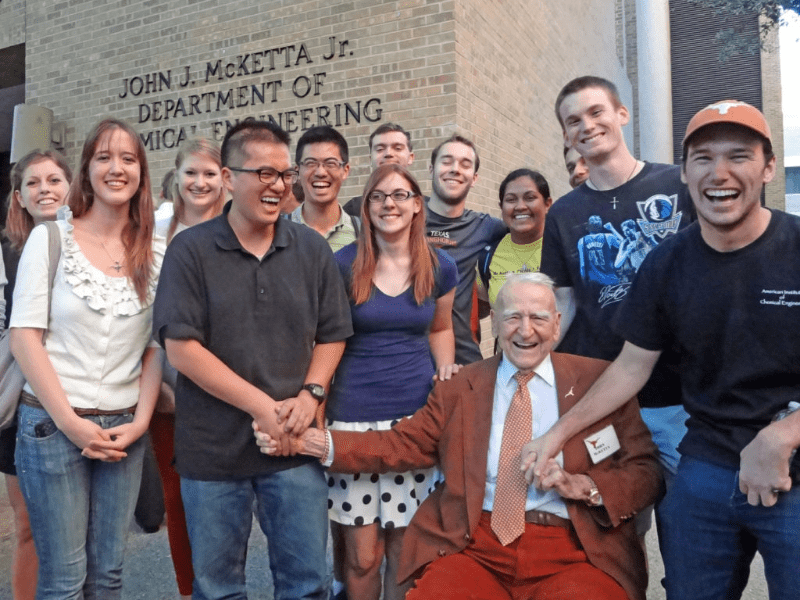
The ambitious “Challenge for McKetta" fundraising effort was completed in spring 2016.
-
Coming Home
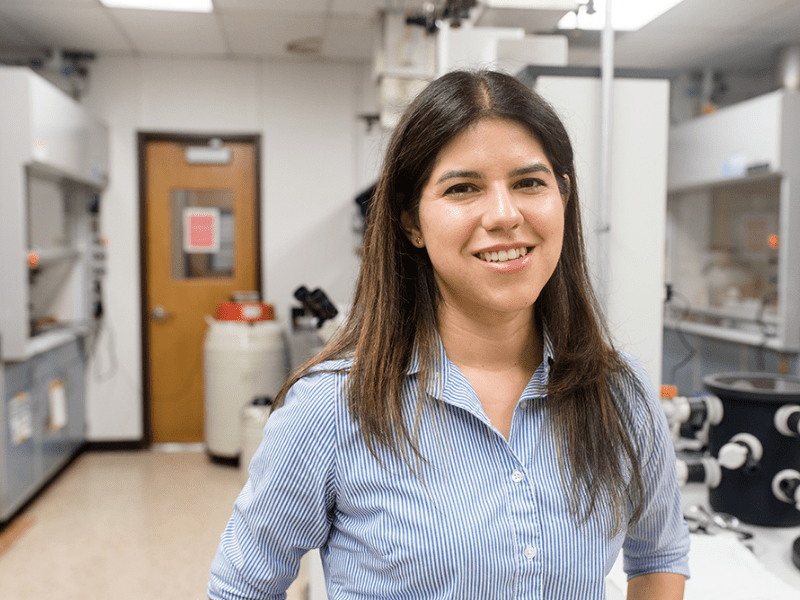
After graduating from the Cockrell School in 2007 with a bachelor’s degree in chemical engineering, Adrianne Rosales knew that research was her passion.
-
The Ekerdt Effect
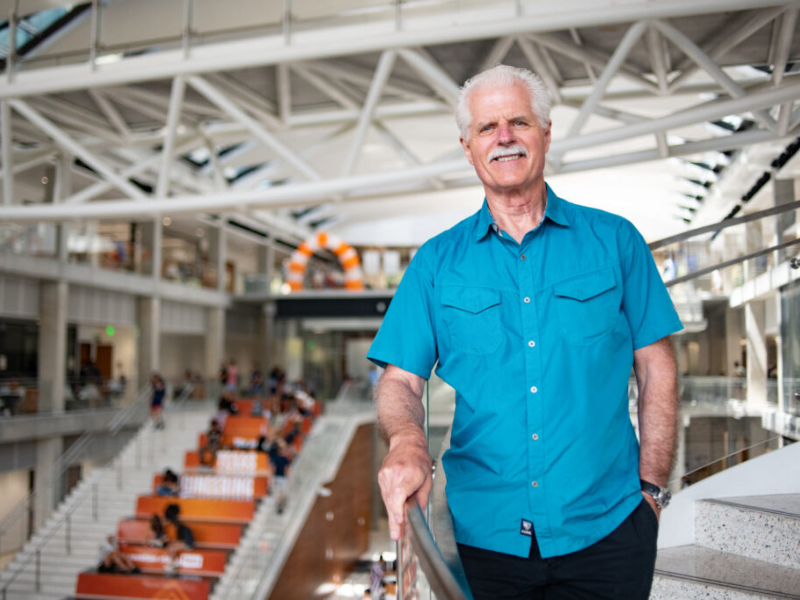
In 15 years as an associate dean, John Ekerdt helped build a collaborative research culture and served as a catalyst for the transforming skyline of the engineering campus.
-
Professor, Alumna Elected to National Academy of Engineering
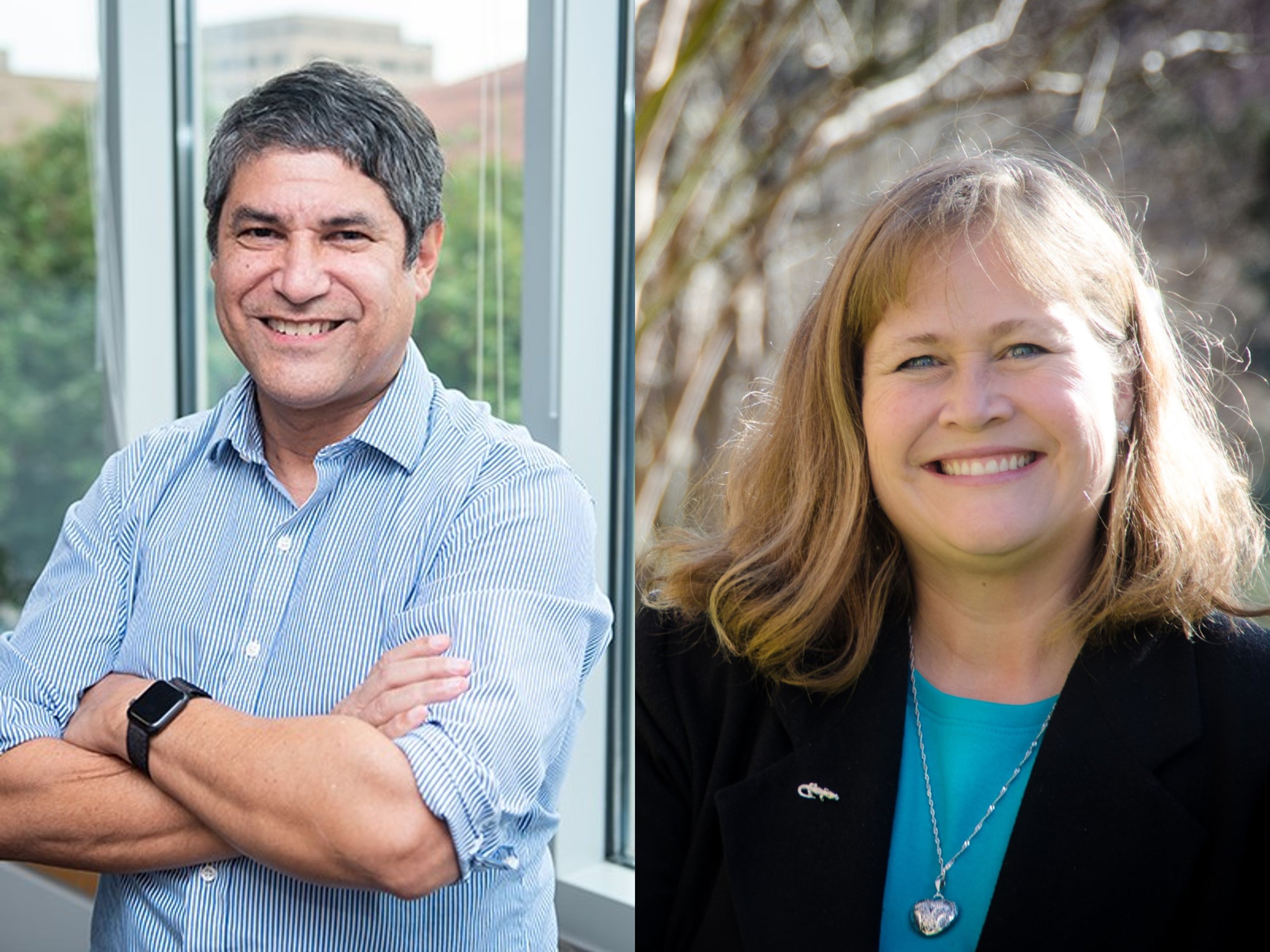
The National Academy of Engineering has elected Noel T. Clemens, a professor in the Cockrell School of Engineering’s Department of Aerospace Engineering and Engineering Mechanics at The University of Texas at Austin, to the academy for 2024. Christine Schmidt, who received a bachelor’s degree in chemical engineering from UT and later served on the University’s faculty from 1996 to 2012, has also been elected.
-
Peppas Featured in First Issue of Nature Chemical Engineering

Nicholas Peppas is among a handful of prestigious researchers whose publications were featured in the inaugural issue of Nature Chemical Engineering. The article, A Bright Future in Medicine for Chemical Engineering, is co-authored with Professor Robert Langer from the Massachusetts Institute of Technology.
-
Texas Engineers Receive Funds Through Joint French Science Program
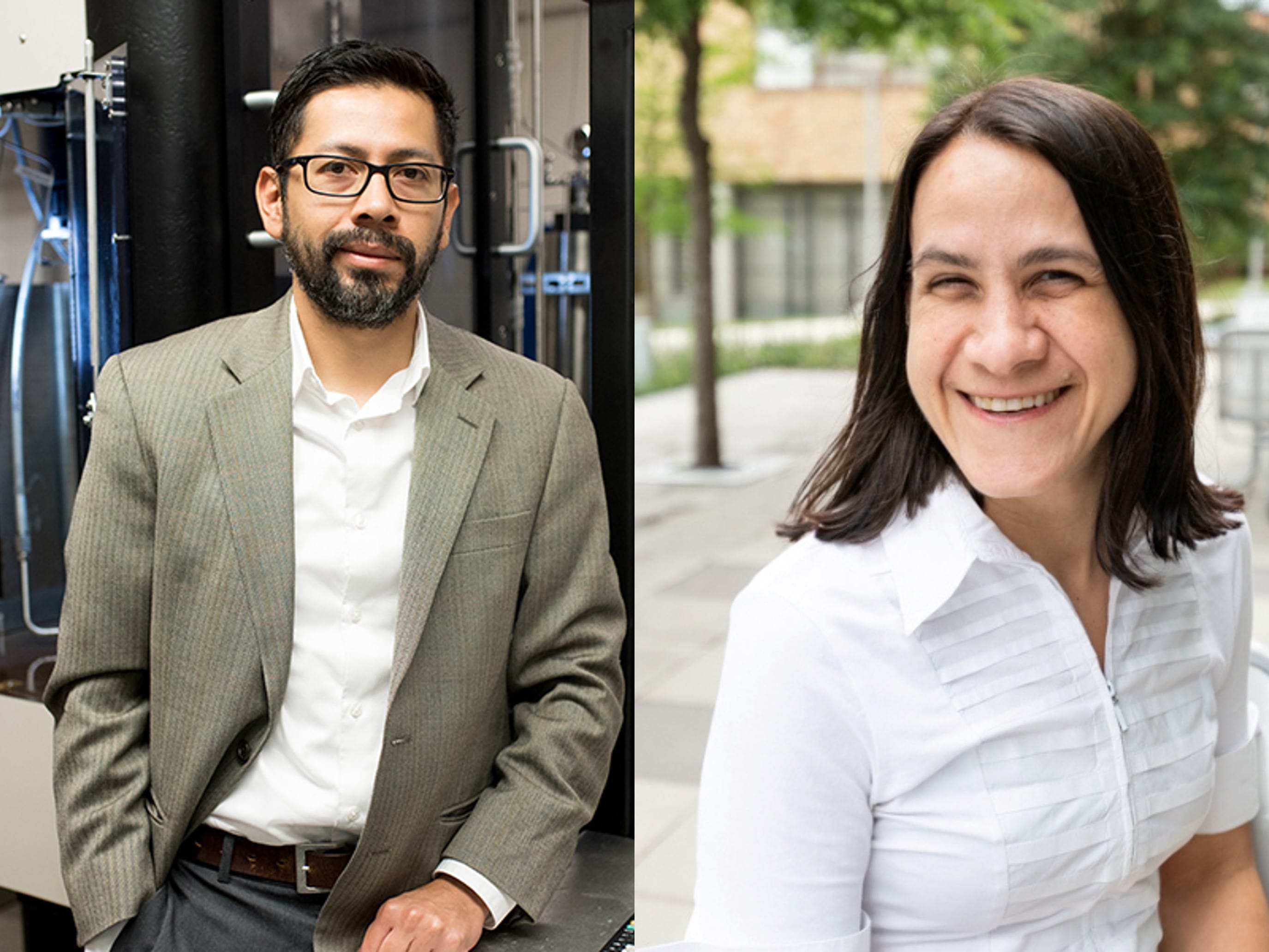
A pair of Texas Engineers are teaming up with scientists from France as part of a six-year-old collaborative research program.
Delia Milliron and D. Nicolas Espinoza were among the 2023 awardees of the Dr. Cécile DeWitt-Morette France-UT Endowed Excellence Fund.







